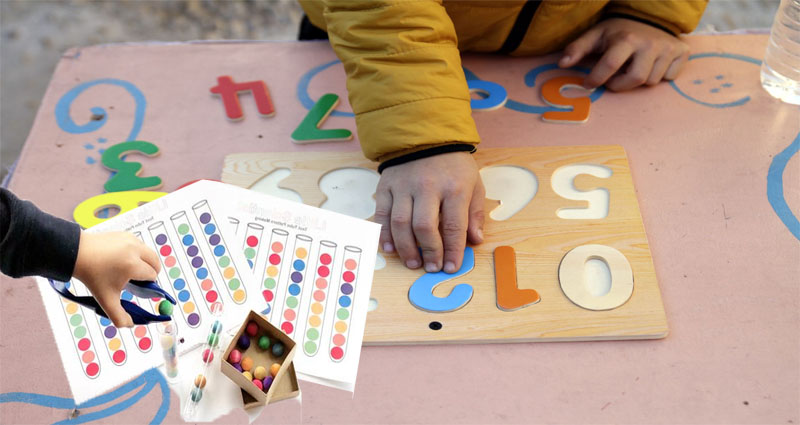Homeschooling, also known as home education and home mastering, would be the education of kids at home rather than in traditional schools. Parents sometimes hire tutors, but for one the most part, parents play the primary role in teaching. The reasons for homeschooling are diverse, but often include religious or political beliefs, or simply a concern for the high-quality of finding out in conventional schools. No matter the reason, it’s imperative that home-schooled kids have an enriched environment to nurture important developmental skills.
Enriching the Home Environment
Because traditional schooling is rich in environmental stimuli, parents wishing to home school their young children strive to compensate for this deficit. Understanding approaches that engage the kid and preserve understanding interesting are often highly powerful means of environmental enrichment. The play to understand approach, in which youngsters teach themselves critical developmental skills by way of play, is an excellent way to enrich the home atmosphere and accelerate early childhood development and learning.
Educational Toys as Understanding Tools
Parents also strive to retain their children motivated to study and to instill a sturdy sense of self-esteem in homeschooled young children. Young children are also easily distracted, so it can be imperative to hold them engaged in finding out. Educational toys are very productive, as they are stimulating to children, and make studying enjoyable. They also assist youngsters to extend their imaginations and can lead to more effective mastering. Home school parents often find it very helpful to include them as a part of their children’s curriculum to retain things fresh and to foster a good attitude.
What Home School Parents Should Look For
Not all educational toys are created equal. Some are more productive than other people both in engaging children’s attention and in creating critical skill sets. It is often helpful for these toys to present a style of learning which is structured and comprehensive, but that also keeps kids motivated and having fun. Often those toys that are modular in design, and that can teach many different skill sets are particularly useful to home school parents.
What Educational Toys Should Teach Young children
Educational toys should be enjoyable, but should also be designed with the intent to create a particular skill set. The toy needs to be structured and geared about a target age group because young children pass different developmental milestones as they progress through childhood. For kids under 5, they should focus on building a foundation skill set that will be supportive of more advanced mastering later on. Critical skills are visual perception, shape and color recognition, concentration, memorization and basic linguistic skills. As children progress in their development, it is essential to enrich for more advanced skill sets. Toys for children over age 5 should focus on more complex and sophisticated developmental abilities. Essential capabilities at this age are critical thinking, abstract thinking, logical thinking, math, geometry, linguistic, pattern recognition, associative, and memorization expertise.
Homeschooling can be a wonderful gift that parents give their youngsters. It allows for parents to nurture their kids in the skills and subject areas that they find to become the most vital. Parents are also able to enrich their children’s environment to strengthen critical skill sets, and educational toys represent a powerful and successful means to do so.











